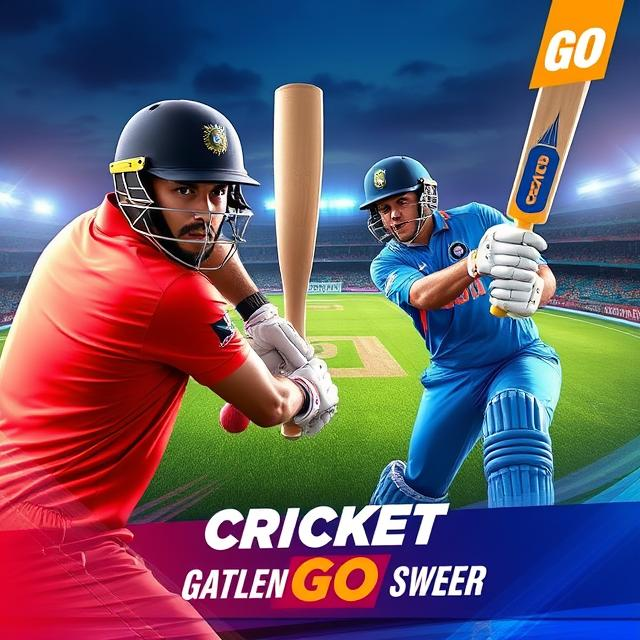Pakistan’s Cricket World Cup Captains: A Legacy of Triumph and Heartbreak

Pakistan’s Cricket World Cup Captains: A Legacy of Triumph and Heartbreak
From electrifying victories to agonizing defeats, Pakistan’s journey in the Cricket World Cup has been shaped by the leadership of its captains. This article delves into the stories, successes, and failures of some of Pakistan’s most iconic World Cup captains, offering a glimpse into the highs and lows of this passionate cricketing nation.
Pakistan’s Cricket World Cup journey has been a rollercoaster of emotions. From the early days of struggle to the moments of glory, their captains have played a pivotal role in shaping their destiny on the world stage. This article analyzes the key strategies and leadership styles of these captains, examining their influence on Pakistan’s performance and exploring the psychological and emotional factors that contributed to their success or setbacks.
The Early Years and Emerging Talents
Pakistan’s early World Cup campaigns often saw fluctuating fortunes. The team frequently exhibited a mix of brilliance and inconsistency, largely due to a lack of consistent leadership and strategic planning. Identifying a captain who could both galvanize the team and strategize effectively proved a challenge during these formative years.
Early captains often faced the daunting task of motivating players, and the pressure of international competition. Analyzing their leadership styles helps understand the dynamics of the team, revealing the nuances of on-field performance and the crucial role of communication between the captain and teammates.
Examining these early eras reveals the importance of building a strong and unified team spirit, a skill many captains struggled with initially.
Golden Moments and Legendary Captains
Pakistan’s World Cup journey has witnessed moments of pure exhilaration, moments where the team’s collective brilliance shone brightly, spearheaded by exceptional captains. These captains, with their specific leadership styles, have been instrumental in transforming team dynamics and achieving significant wins.
Analyzing the approaches of these captains provides insights into the psychology of leadership in high-pressure situations. We delve into their strategic acumen, their communication skills with the team, and how they adapted to evolving match scenarios. This allows for a deeper understanding of the elements that contributed to Pakistan’s successes.
The Trials and Tribulations
Alongside moments of glory, Pakistan has faced many setbacks in the World Cup. Injuries, controversial decisions, and unexpected results have often been part of the narrative. These moments of struggle highlight the resilience of Pakistan cricket and the psychological toll that comes with representing a nation on the world stage.
Understanding the pressures faced by these captains under difficult circumstances is key. We look at how they maintained composure and motivation within the team. Studying their responses to setbacks offers valuable insights into managing team dynamics during challenging periods in international competitions.
These moments of struggle, while painful, also highlight the adaptability and resilience of both the captains and the team as a whole.
Modern Leadership and The Road Ahead
The Pakistan team continues its evolution, and the captains who emerge in the future will face similar challenges but also have the advantage of learning from the experiences of their predecessors. Modern analysis of leadership styles and strategic approaches helps us understand the need for a captain who possesses both tactical awareness and the ability to motivate the team through both victories and losses.
The role of technology and data analysis in modern cricket provides captains with a valuable toolset to make informed decisions. Pakistan’s captains in future World Cups will be challenged to leverage these tools while maintaining the emotional connection with the team.
Conclusion
Pakistan’s World Cup journey, led by a succession of captains, is a tapestry woven with threads of victory and heartbreak. Their narratives reveal the intricate balance between skill, strategy, and emotional fortitude. By studying the styles and experiences of these leaders, we gain valuable insights into the psychological and tactical elements that define success in international cricket.
The lessons learned from past captains, their triumphs, and their setbacks, will be crucial in shaping the future of Pakistan’s World Cup campaigns and the leadership style required to compete on the global stage.
This analysis not only highlights the achievements of these individual captains but also sheds light on the broader context of Pakistan’s cricket history and its continuous pursuit of excellence in the world of international cricket.
Understanding Pakistan’s World Cup captaincy reveals the evolving nature of leadership in high-pressure sports environments, highlighting the importance of adaptability, communication, and a strong team ethos.
Further Research Suggestions:
- Analyzing the impact of media pressure on Pakistan cricket captains.
- Comparing different captaincy styles across various World Cup campaigns.
- Investigating the role of coaching staff in supporting Pakistan captains during World Cups.